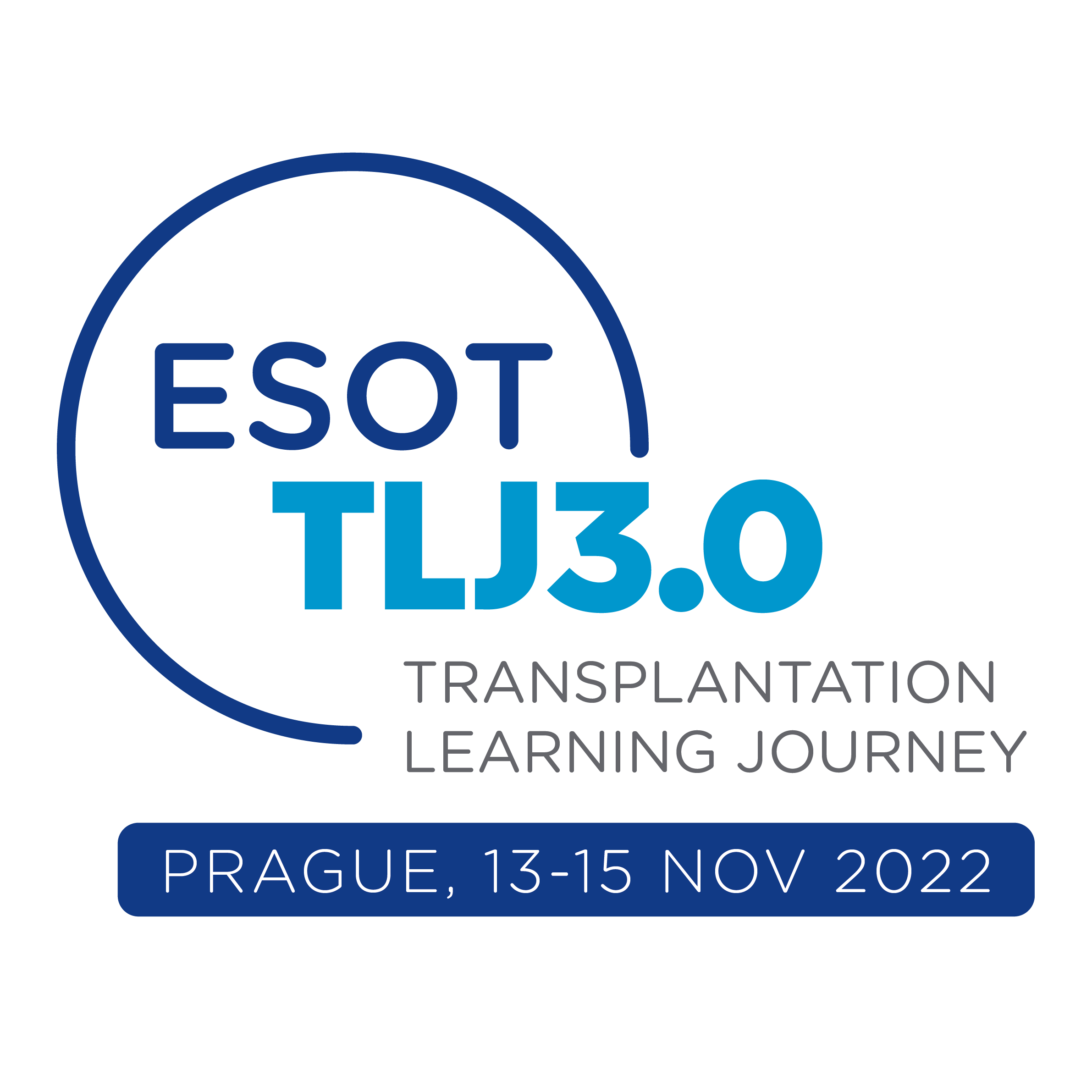Transversal Topics
Prehabilitation for solid organ transplant candidates
For transplant candidates it is important to be in an optimal physical and psychological condition to be able to handle the stress of the upcoming transplant surgery and enhance recovery after transplantation. However, the health status of transplant candidates is often compromised due to disease progression, comorbidities, and, in case of kidney disease, adverse effects of dialysis. This may lead to impaired physical functioning, malnutrition and an increased risk of psychological problems.
Prehabilitation, the process of enhancing overall fitness before an operation, may therefore be beneficial for transplant candidates. However, prehabilitation before a transplant warrants a different approach because of the unknown length of the waiting list period. This requires enduring lifestyle changes that fit into the lives of transplant candidates and meet their individual needs and capabilities.
At the moment, some initiatives to establish a prehabilitation program for transplant candidates have been initiated. Within the PreCareTx- study (prehabilitation of candidates for renal transplantation) scoping reviews on effective interventions regarding physical intervention, dietary management and psychosocial interventions that can be used in a home based prehabilitation program for transplant candidates are in progress. In order to establish guidelines for prehabilitation of transplant candidates we can build upon the knowledge and experiences of these studies.
Topic Chairs: Diethard Monbaliu & Sharlene Greenwood
Topic Steering Committee: Coby Annema, Stefan De Smet, Maria José Perez Saez, Joost Klaasen, Tania Januadis- Ferreira, Sunita Mathur, Pisana Ferrari, Evangelia Kouidi, Yasna Overloop, Ellen Castle
Molecular biology testing for non-invasive diagnosis of allograft rejection
Advancements in molecular biology technology allowed the development of promising biomarkers, such as Peripheral blood gene expression profiling (GEP) and cell-free DNA (cfDNA), for minimally invasive characterisation of allograft rejection.
The use of circulating GEP and cfDNA may offer advantages over invasive tissue biopsy as a quantitative measure for detection of transplant rejection and immunosuppression optimisation.
However, there is no standard recognition of the usage of this new technology. As such, ESOT will drive and coordinate a whitepaper about molecular biomarkers for the non-invasive diagnosis of rejection that is aimed at providing a full European landscape and address unmet clinical needs.
Topic Chairs: John Friedewald (Kidney) Marina Berenguer (Liver) & Luciano Potena (Heart)
Steering Committee for Kidney: Dany Anglicheau, Oriol Bestard, John Friedewald, Claire Tinel, Sook Park, Joana Sellares
Steering Committee for Heart: Marisa Crespo Leiro, Kiran Khush, Ingvild Birschmann, Javier Segovia, Andriana Nikolova, Annamaria Minervini
Steering Committee for Liver: Amelia Heissheimer, Eleonora de Martin, Valeria Mas, Josh Levitsky, Haseeb Zubair, Alina Lutu, Nabeel Wahid
